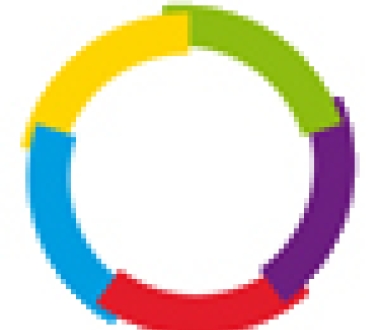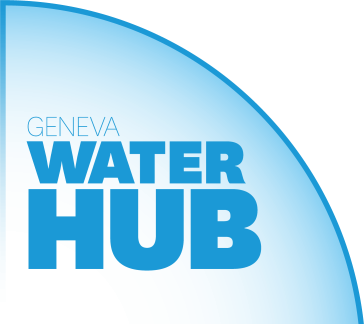
Study day – Water and peace for the sustainable development agenda

Impact

- Impact
-
Cette formation était principalement destinée aux experts des Missions permanentes des pays membres de l'Organisation internationale de la Francophonie (OIF) en tant qu'activité de suivi de la résolution sur " L'eau, la paix et la sécurité " adoptée par les gouvernements et États francophones lors du 16e Sommet de la Francophonie à Antananarivo, Madagascar, en novembre 2016.
Cet événement a fait écho à la préparation du Forum politique de haut niveau sur le développement durable dont la prochaine session aura lieu du 9 au 18 juillet 2019 au siège de l'ONU à New York.
Water plays a major role for public health, food security and energy. This vital resource is facing unprecedented challenges and more and more linked to local, regional and global insecurity. This is reflected by increased tensions around large dam infrastructure, mining extraction activities and many quarrels related to the law of the land and the access to water.
In addition to shared knowledge, this training was the opportunity to highlight the risks related to water management in an non-integral manner, as well as the immense potential of cooperation, peace and development.
Des photos de l'événement sont disponibles ci-dessous.
The discussions will focus on the role of water as bridge between two of the United Nations strategic agendas which are too often isolated from one another, i.e. the Agenda of sustainable development and the Agenda of peace. The starting point being that “peace” is not only the absence of armed conflict but must be considered as rooted into sustainable development.
A sample of issues that will be approached during this training: (1) Water in the Agenda of sustainable development; (2) Legal tools for water cooperation; (3) Water law for the protection of infrastructure during and after armed conflicts; (4) Cross-sectoral conflicts.
The complete training agenda is available below.

